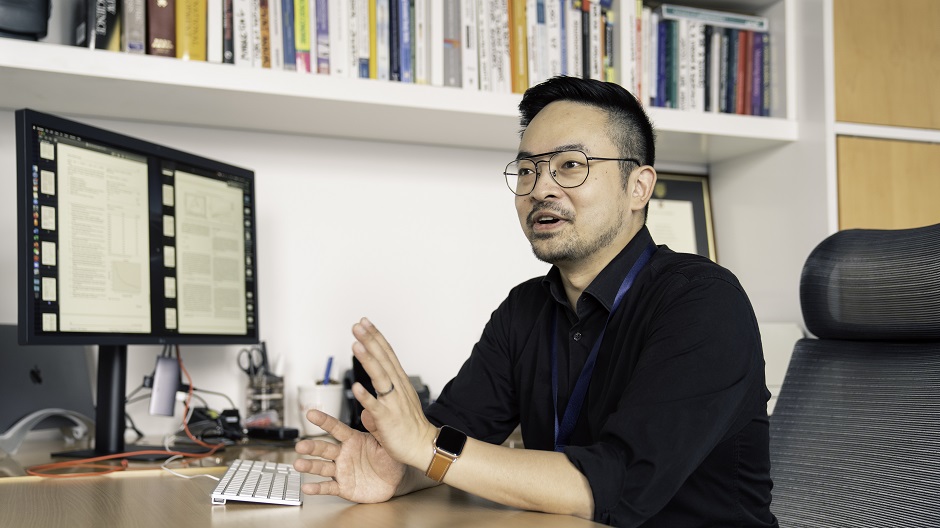26 Nov 2020
Xi’an Jiaotong-Liverpool University International Business School Suzhou has successfully gone through the process of completing the Business School Impact System and received the BSIS label, making it one of only two business schools in mainland China to have done so.
The Business School Impact System scheme is designed to determine the extent of a school’s impact on the city or region in which it is located. The BSIS process is offered in a joint venture between EFMD Global and FNEGE as a service to EFMD members in any part of the world. The impact of the business school is analysed on the basis of the following seven areas: financial, educational, business development impact as well as intellectual, societal, image and impact within the regional ecosystem.
There are currently 53 schools across 17 countries that have received the BSIS label.
Michel Kalika, BSIS Director, commented: “The school’s impact within BSIS metrics extends far beyond its locality, including Suzhou and Yangtze River Delta region. That is why the graduates are well equipped by the school’s programmes to be competitive within China’s other developed and internationalised regions. The established business connections, both with respect to local professional institutions and corporate partners, range throughout the region, with the majority of partners based in Shanghai. The school bridges the East and the West where graduates are able to have a global mindset while working in a very local environment.”
Professor Jorg Bley, Dean of IBSS, added: “While a relatively young institution, IBSS has seen tremendous growth over its seven-year history. Going through the BSIS process has revealed the positive impact this growth has had on all of the business school’s stakeholders in the region. More importantly, both the process itself and the recommendations provided by BSIS have informed our evaluation of what the business school should invest in for future growth and the development of a unique offering and branding strategy. IBSS’s role as a leader in education for sustainable development in China, both in scholarship and practice, was highlighted as particularly important to this unique offering.”
Dr Eddy Fang, Deputy Dean of IBSS, said: “We are certain that the insights and recommendations gained through the BSIS assessment will enable IBSS to complete its transition from a growth- and action-oriented business school to one that is fully impact-driven. It also provides guidance on how to more effectively communicate both IBSS’s role in our local ecosystem, and our distinctiveness from other institutions. In a time when higher education worldwide is in crisis. This level of impact orientation is crucial.”
Alexander Mackrell, Accreditation Manager at IBSS, said about the process: “BSIS were extremely supportive throughout the assessment process, and the result was a truly customised set of insights and recommendations. The BSIS label is also highly regarded among the many international accreditation bodies, with the BSIS impact report proving invaluable during our most recent accreditation visit.”
IBSS received AACSB accreditation in 2016 and then EQUIS accreditation in 2018, making it the youngest business school in the world to receive both accreditations.
(Source: IBSS, EFMD Global official website)

26 Nov 2020
RELATED NEWS

XJTLU ranked in 5 THE World Subject Rankings 2021
Xi’an Jiaotong-Liverpool University has been ranked in five of the 11 Times Higher Education (THE) World Subject Rankings 2021, which were announced 28 Octob...
Learn more

IBSS leader: The future is blended
An effective and proactive blending of onsite and online elements can, when executed well, benefit students by giving them the best of both worlds, says Dr E...
Learn more








